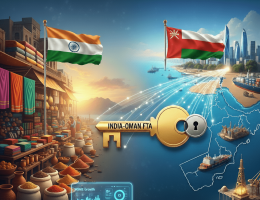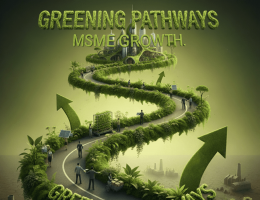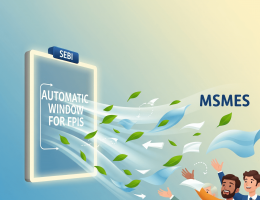
From Singapore to Start-up India
India’s 63 million MSMEs form the backbone of its economy, contributing nearly 30% to GDP and over 45% to exports. Yet, despite their importance, most Indian MSMEs face systemic challenges, complex approvals, overlapping regulations, and lengthy compliance processes. Starting or expanding a business often means navigating multiple state and central departments, filling out endless forms, and waiting weeks, sometimes months, for licenses. This bureaucratic friction slows innovation, limits competitiveness, and hampers India’s vision of becoming a global manufacturing hub.
In contrast, Singapore has emerged as a global benchmark for ease of doing business by embracing speed, integration, and policy-driven support. Its business ecosystem offers valuable lessons for India to redesign its MSME framework into one that prioritises simplicity, transparency, and scalability. One of Singapore’s biggest strengths is its GoBusiness portal, a one-stop digital platform where entrepreneurs can register companies, apply for over 220 licenses across agencies, and access more than 250 plus government services, all through a single interface. What usually takes weeks in India can be completed within hours in Singapore. For India, replicating this model through a national MSME single-window portal would be transformative, allowing entrepreneurs to manage registrations, licensing, and compliance seamlessly while linking state and central systems under one digital umbrella.
Another Singaporean innovation India can learn from is the SME Pro-Enterprise Office (SME PEO), which serves as a central regulatory feedback hub. It collects inputs from businesses, identifies bottlenecks, and collaborates with government agencies to simplify outdated rules. This creates a real-time policy feedback loop where entrepreneurs’ concerns directly shape regulatory reforms. India could adopt a similar model by establishing a National MSME Regulatory Facilitation Desk under the Ministry of MSME, allowing small businesses to report issues digitally and track resolution timelines transparently.
Speed of approvals is another area where Singapore leads. Most business licenses there are processed within 48 hours, thanks to inter-agency coordination and integrated data systems. India, by comparison, struggles with delays caused by fragmented systems and manual verification. A time-bound clearance framework, supported by “Right to Start-Up Approvals” legislation, could mandate MSME-related licenses to be issued within 7 to 14 days, with performance tracked on a national dashboard and penalties imposed for undue delays.
Singapore also complements regulatory efficiency with targeted support programmes like the Market Readiness Assistance (MRA) and Enterprise Development Grants (EDG), which help SMEs expand into global markets and adopt modern capabilities. India can adapt this approach by aligning its flagship schemes such as, RAMP, ZED Certification, and PM Vishwakarma towards export readiness, skill development, and innovation funding. Creating a Singapore-style ecosystem would require a policy-first mindset, shifting from fragmented, state-led schemes to a centrally coordinated framework built on digital governance, automatic renewals, and collaborative policymaking with MSME bodies.
Singapore’s success lies not in subsidies but in simplification, speed, and structured support. If India integrates single-window approvals, real-time regulatory feedback, and time-bound licensing, it can unlock unprecedented growth for its MSME sector. For India’s entrepreneurs, this means less time battling bureaucracy and more time growing businesses; for the economy, it means faster industrial growth, higher exports, and greater global competitiveness.











